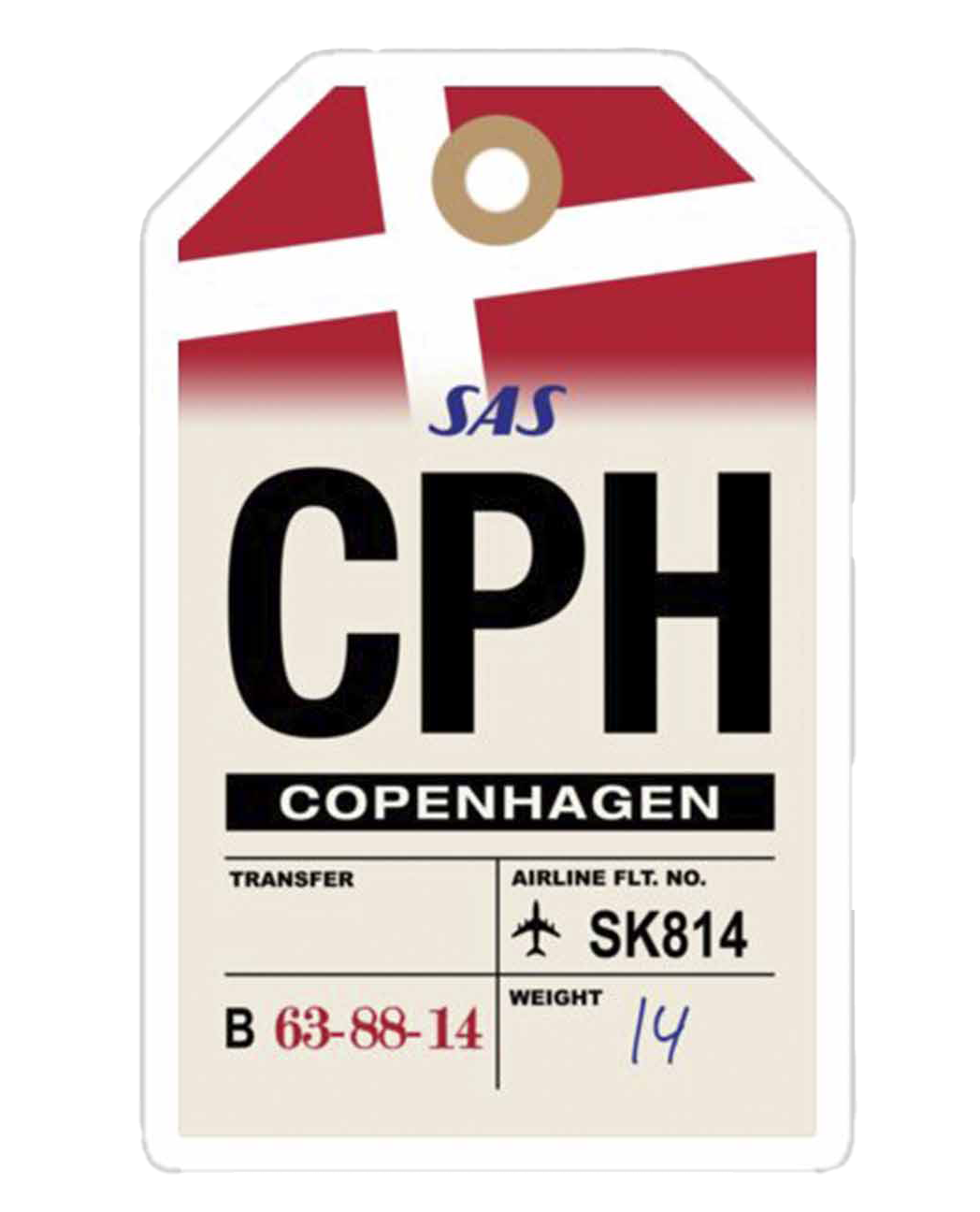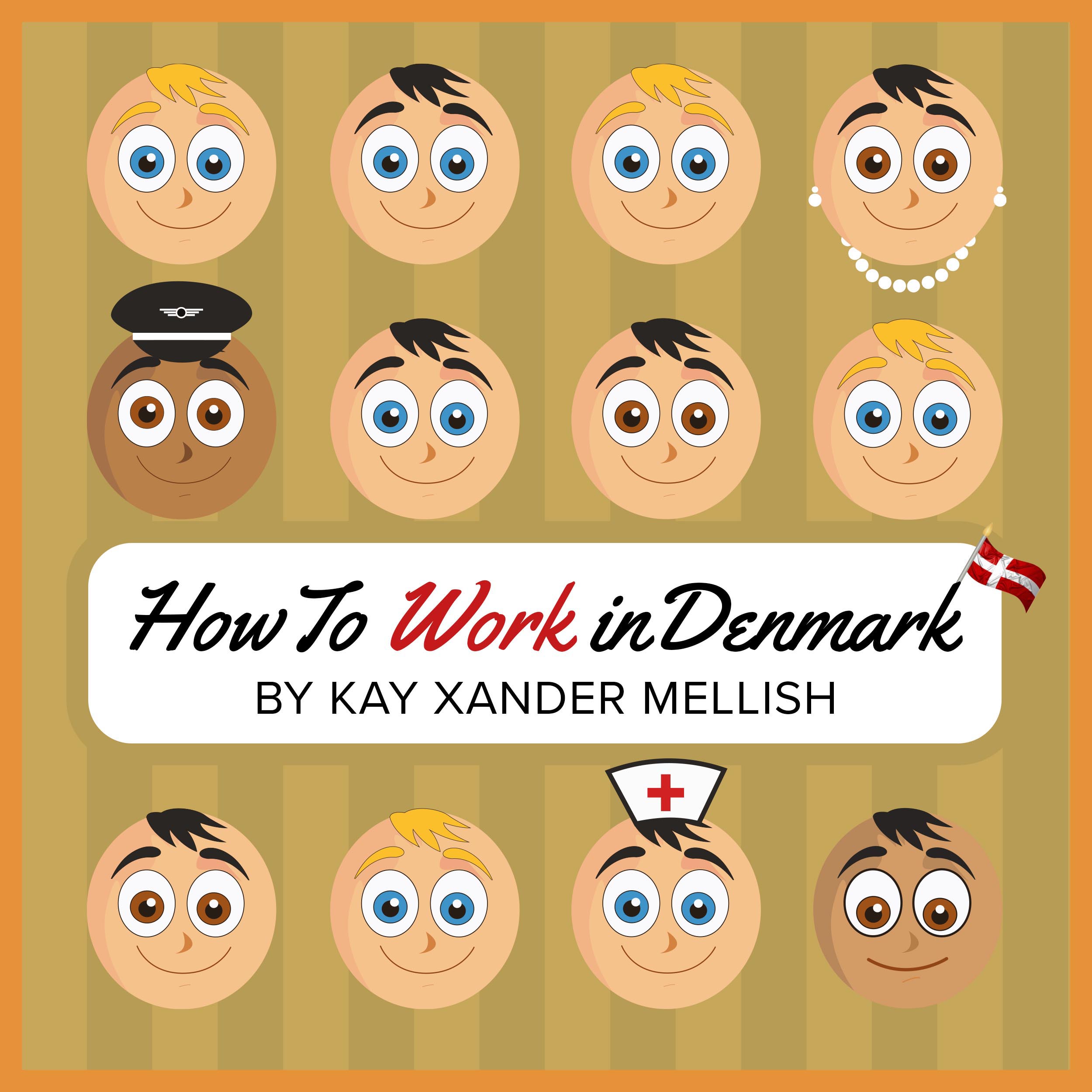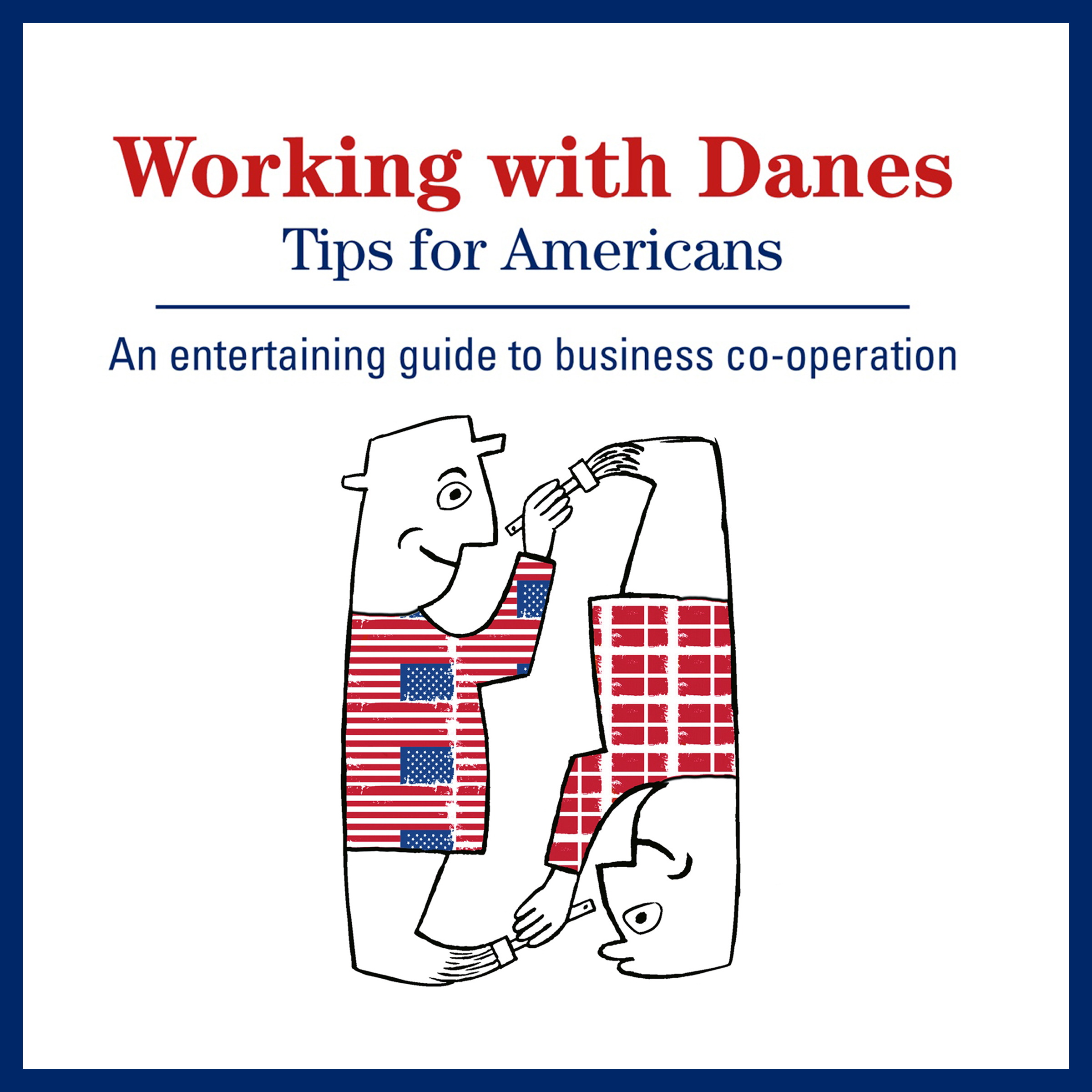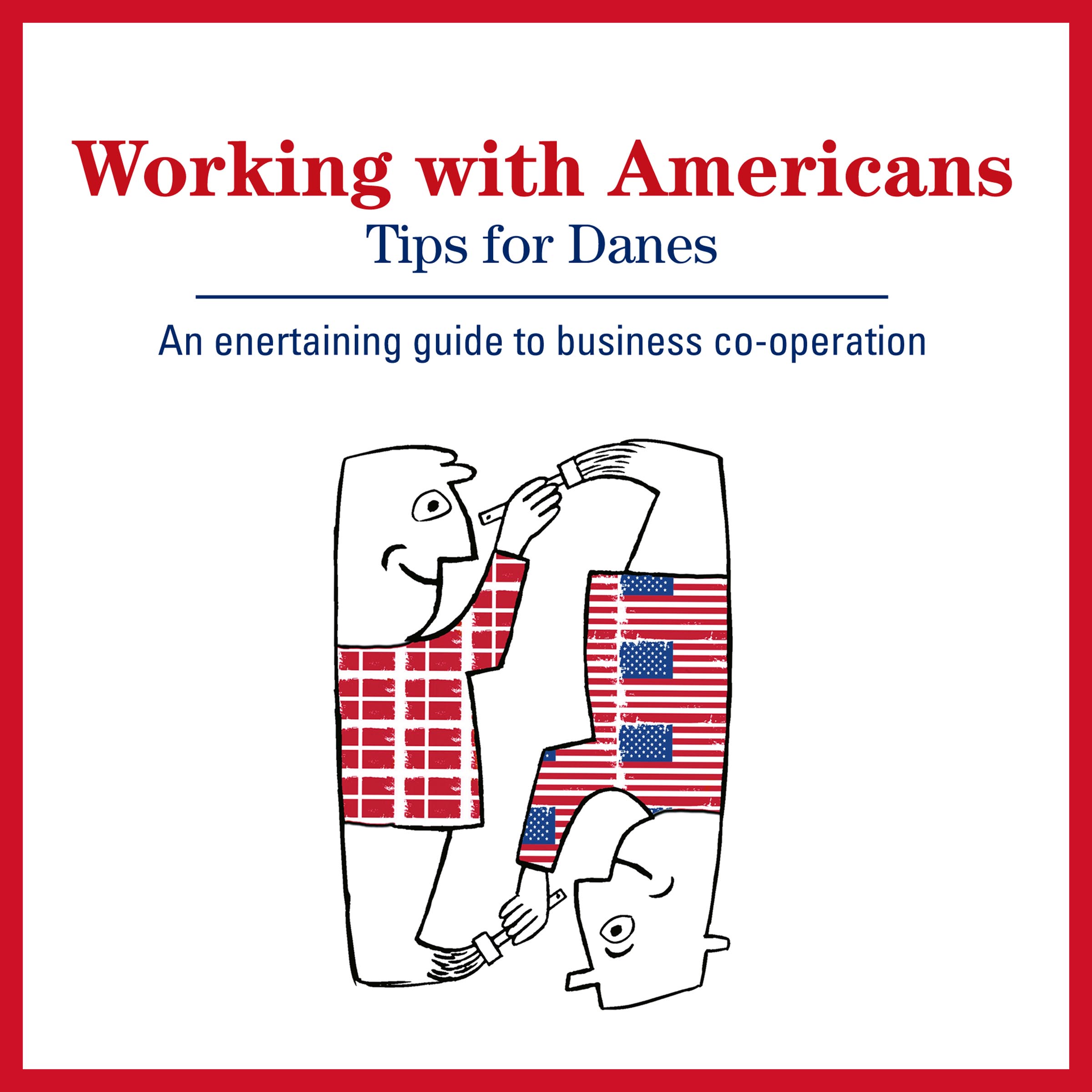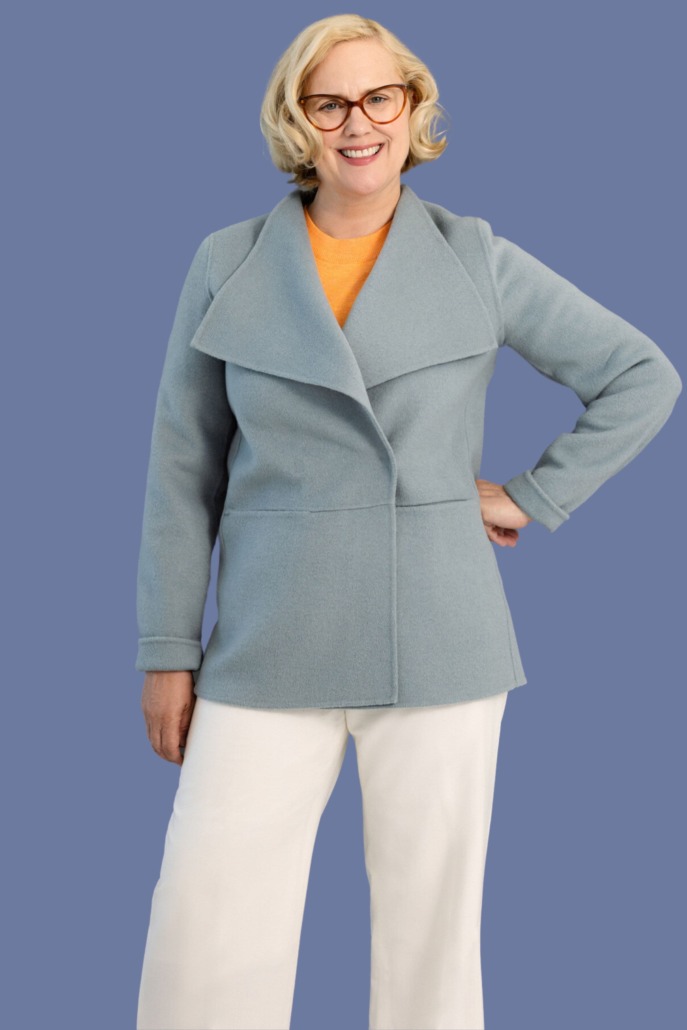Working in Copenhagen
The first five things to know
Working in Copenhagen is a dream for many people – the Danish capital is often described as one of the best places in the world to live and work.
Assuming you’ve arranged for a working visa, here are five things to remember if you’re planning to move to Copenhagen for work.
#1 – Renting an apartment
Renting an apartment is common for newcomers to Denmark, but the rules of renting are different than they are many other places in the world.
Most apartments come unfurnished and many lack basic appliances like a washing machine or refrigerator. You’ll have to buy these to set up your home, although buying second-hand is common in Denmark.
Your landlord will generally require three months’ rent in advance, plus the equivalent of three months’ rent as a security deposit against damage to the apartment. Getting this security deposit deposit back when you move out is an art; it’s a good idea to take date-stamped photos when you move in so pre-existing damage can’t be blamed on you.
When you do return the apartment, it must be freshly pained and sometimes refloored.
#2 – Consider mass transit
Consider mass transit when you look for a place to live. Danish mass transit is generally reliable, if expensive, and you can get a better or cheaper apartment if you live slightly outside the center of the city but close to a bus or train stop.
While car ownership is common in Copenhagen, you really don’t need a car unless you have a large family to move around and even then many families make do with cargo bikes. Cars are generally expensive in Denmark – new cars are taxed as much as 150% of their purchase price – and fuel and parking tickets will add to your outlay.
Your best option is always a bicycle: working in Copenhagen, you’ll find huge bike parking places outside your office. Danes bicycle around the clock and all year ’round. Remember to have a light on your bike so you’re not stopped (and fined) by the police for riding after dark without one.
#3 – Food is expensive
Food is expensive in Denmark, where the nationwide sales tax/value added tax of 25% if added to both grocery store items and prepared food.
Danes spend much more time making their meals at home than people in many other countries, in part because when yo are working in Copenhagen you will often leave the office around 4pm. Grocery stores in Copenhagen tend to be small, and you may have to go to more than one to get everything you need.
While takeout delivery services are common, eating in a café or restaurant tends to be a more special-occasion experience than it is in many other countries.
Always reserve in advance if you have your eye on a specific restaurant, in particular for high-traffic times such as brunch on the weekends.
#4 – Dress for the weather
Working in Copenhagen you will generally not be expected to turn up in a business suit or silk blouse every day, but you should not be sloppy, either.
Check out what the other people in the office are wearing – or, if you haven’t begun working in Copenhagen yet, check out what people are wearing on your target employer’s website.
In general, you’ll need clothes that are easy to wear, easy to walk in, and water-resistant, because the weather in Copenhagen can change numerous times in a single day.
Investing in good outerwear is a smart strategy, because from October to April, most people you meet will see your coat before they see anything else you are wearing. Danes dress casually, but they almost never dress shabbily.
#5 – Make plans to create a social life
While the colleagues you meet while working Denmark are sure to be lovely people, many Danes don’t socialize with their colleagues much outside the office.
To create a circle of friends, you’ll need to meet people from outside the office, usually by joining group activities. Before you move to Denmark, think about what types of group free-time activities might suit you best.
Running clubs and dancing clubs are popular – salsa dancing is a great way to meet people – as are martial arts clubs.
Danes love to sing, so consider joining a chorus.
If you’re politically inclined, find an interest group that matches your passions.
Whatever it is, keep in mind that it will be your job to build a social life for yourself.


